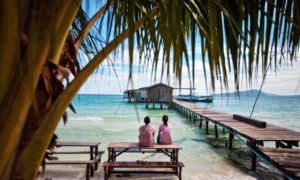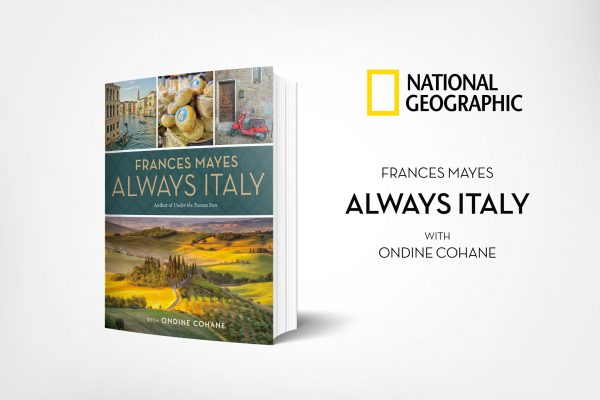 ON a sunny weekday in Kep, a seaside village about halfway alongCambodia’s coast, the crab market was heaving. Women in straw hats and rubber boots stood knee deep in the surf shouting out prices, periodically darting into the sea to pull writhing specimens out of wicker baskets. Children of all ages ran through the stalls; it seemed as if the entire town had congregated in this one main square.
ON a sunny weekday in Kep, a seaside village about halfway alongCambodia’s coast, the crab market was heaving. Women in straw hats and rubber boots stood knee deep in the surf shouting out prices, periodically darting into the sea to pull writhing specimens out of wicker baskets. Children of all ages ran through the stalls; it seemed as if the entire town had congregated in this one main square.
Nearby, suspended over the water overlooking the South China Sea, rickety open-fronted restaurants were perched on stilts. At one of the smallest, the Seagull, I sat with my son and husband watching wooden fishingboats move slowly along the coastline as the family who owns the spot prepared what would be the finest steamed crab I had ever tasted. Even my one-year-old tucked into the white buttery meat.
It was a scene that felt quaintly out of time, made all the more novel because we were somehow able to exist seamlessly within it. No one tried to sell us souvenirs or offer to guide us around town. It was just life as it had always been and always would be.

